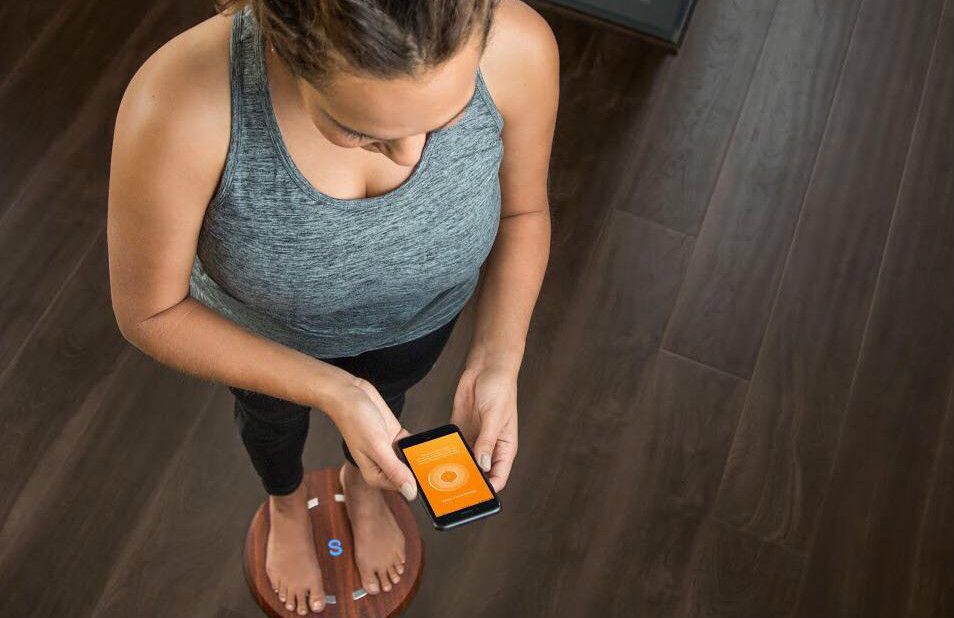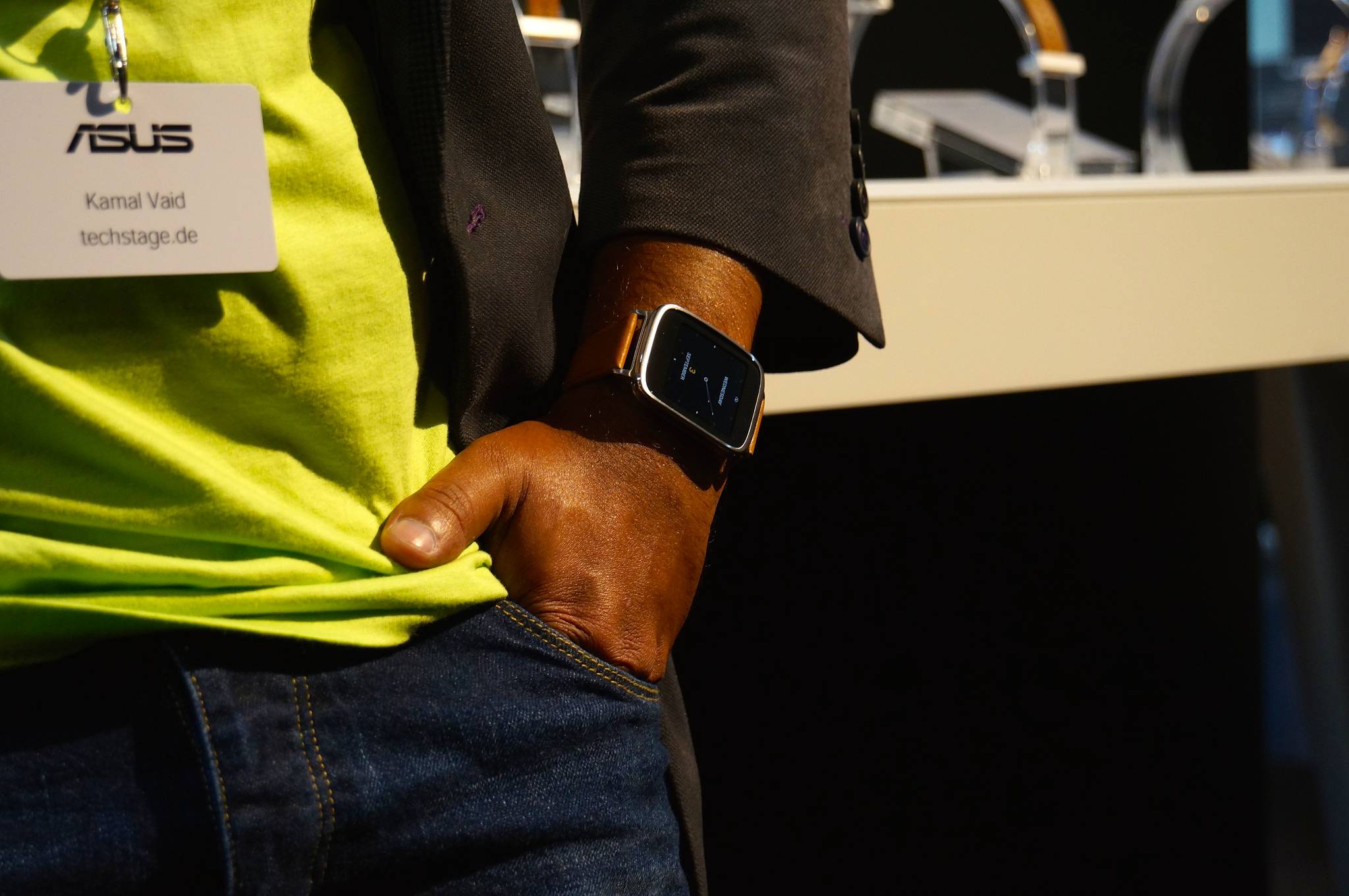
Whether it’s your BMI or the daily calorie count, health is all about numbers. But Dan Ariely is hoping to change that. He’s designing the Shapa scale: a smart device that adopts behavioural techniques to ‘unquantify’ health and keep people heading in the right direction when it comes to reaching their weight loss goals. We explore the insights behind the innovation and what this means for the future of health tracking devices.
Designed by Dan Ariely, the Shapa is a $99 smart scale that works by not telling you your weight. Users step on the displayless device, and a small electrical current is sent through the body to capture bone and muscle density. The metrics are then sent via bluetooth to the Shapa app on the user’s smartphone, which contains an entire ‘toolkit’ of functions to help you understand what your measurements mean. But, instead of seeing metrics (i.e. weight in kilograms) the app shows users their ‘Shapa colour’, which is an area on a scale, shaded in different colours. Depending on your goals, the coloured zones will reflect you progress. From there, you can undertake mini-missions or objectives to keep you moving in the right direction.
“Sadly, know-how had a unfavourable impression on the effectiveness of the scale as a useful gizmo to handle weight, and as a result, digital scales are giving us suggestions at a granularity that may be very excessive,” explains Ariely. “With Shapa, we’ve eliminated the numerical part totally, to make stepping on the scale a constructive motion. We give suggestions in a manner that helps individuals perceive the connection between their way of life decisions and their wellbeing outcomes.”

With 69% of American adults tracking at least one health metric a month, self-quantification is a method many people favour as a way of measuring their progress. But research has shown that not only are these tracking devices inaccurate, conversely, they can also demotivate people, too. And with 80% of people saying that weighing themselves makes them feel bad, while the same can be said for bathroom scales.
“For some, when they become fixated on the scale’s number, it becomes a marker of their self-worth. If the scale shows a 'good' (lower) number, they feel better about themselves,” explains dietitian Robbie Clark. “However, if the scale shows a 'bad' (higher) number, they may feel like they have failed. Their entire mood becomes dependent on a number and an entire day can result in complete negativity and despair if they are not happy with what they see on the scales.” By removing negative triggers or rituals around weight loss and adopting positive behavioural techniques that reinforce positive practices, Shapa is nudging people towards better health management.
Hannah Elderfield is a behavioural analyst at Canvas8, which specialises in behavioural insights and consumer research, who has worked with global clients including BelVita, the UK Government, the FCO, Depend and Superbrands. Outside of work, she can be found shopping, walking her dog or attempting to curb her addiction to Nutella, not all at once of course.



